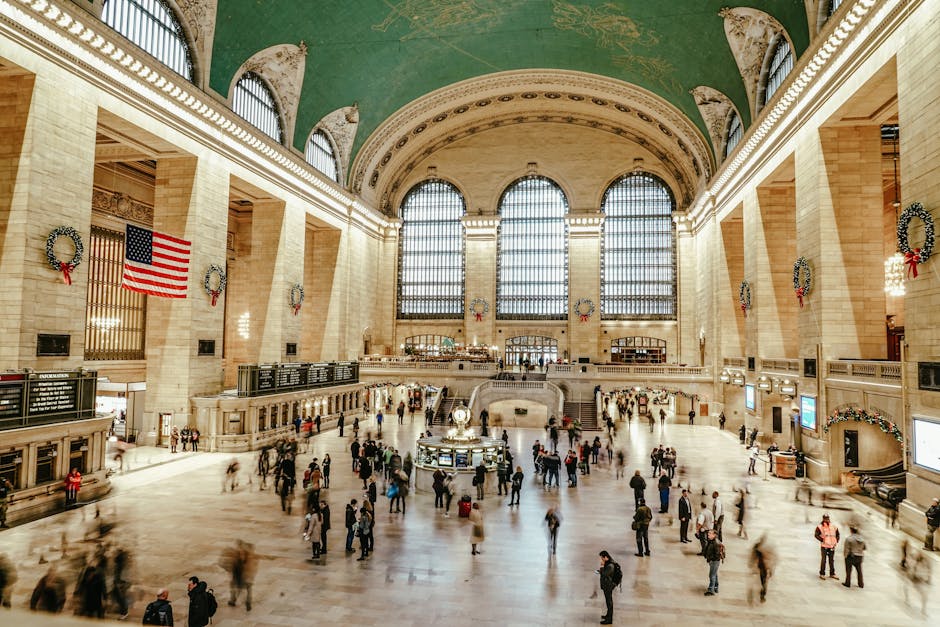“Mandate for Change”: Zohran Mamdani Wins NYC Mayoral Election
In a historic victory that has reshaped New York City’s political future, Zohran Mamdani, a 31-year-old Democratic Socialist and former Queens assemblyman, has been elected mayor. His insurgent campaign—centered on economic justice, housing reform, and defunding the NYPD—defied establishment expectations, signaling a seismic shift in urban progressive politics.
A Grassroots Movement Triumphs
Mamdani’s platform resonated with a coalition of young voters, working-class families, and communities of color. Key promises included:
– 1 million units of city-owned social housing to combat NYC’s affordability crisis.
– Redirecting $3B from NYPD budgets to education, mental health, and social services.
– Fare-free public transit, funded by taxes on corporations and the wealthy.
Unlike traditional campaigns, Mamdani rejected corporate donations, relying instead on small-dollar contributions and a volunteer-driven ground game.
Why Mamdani Won: A City Demanding Bold Change
Incumbent Mayor Eric Adams’ moderate policies—prioritizing policing and business interests—failed to address voter frustrations over:
– Skyrocketing rents and homelessness.
– Crumbling public infrastructure.
– A widening wealth gap.
Exit polls showed Mamdani dominating with voters under 45 (70% youth support) and in predominantly Black and Latino districts. His rallies drew thousands, while Adams struggled to energize his base.
Implications for NYC and National Politics
Mamdani’s win mirrors the rise of progressive leaders like AOC and Bernie Sanders but marks the first time a Democratic Socialist has won executive control of a major U.S. city. Potential ripple effects:
– Policy blueprint for cities facing similar inequality crises.
– Clashes with real estate lobbies, police unions, and centrist Democrats.
In his victory speech, Mamdani declared: “This is your win. We’re building a New York that works for all—not just the wealthy.”
Challenges Ahead
With a January inauguration, Mamdani must navigate:
– Opposition in the City Council.
– State-level resistance to radical reforms.
– Delivering tangible results amid high expectations.
Will NYC become a model for progressive governance—or will the establishment block change? Follow our coverage for updates.




